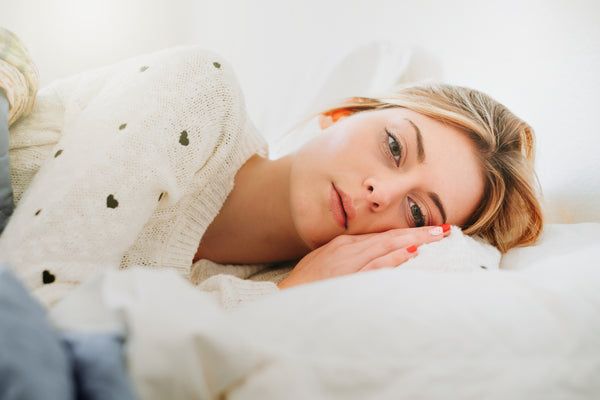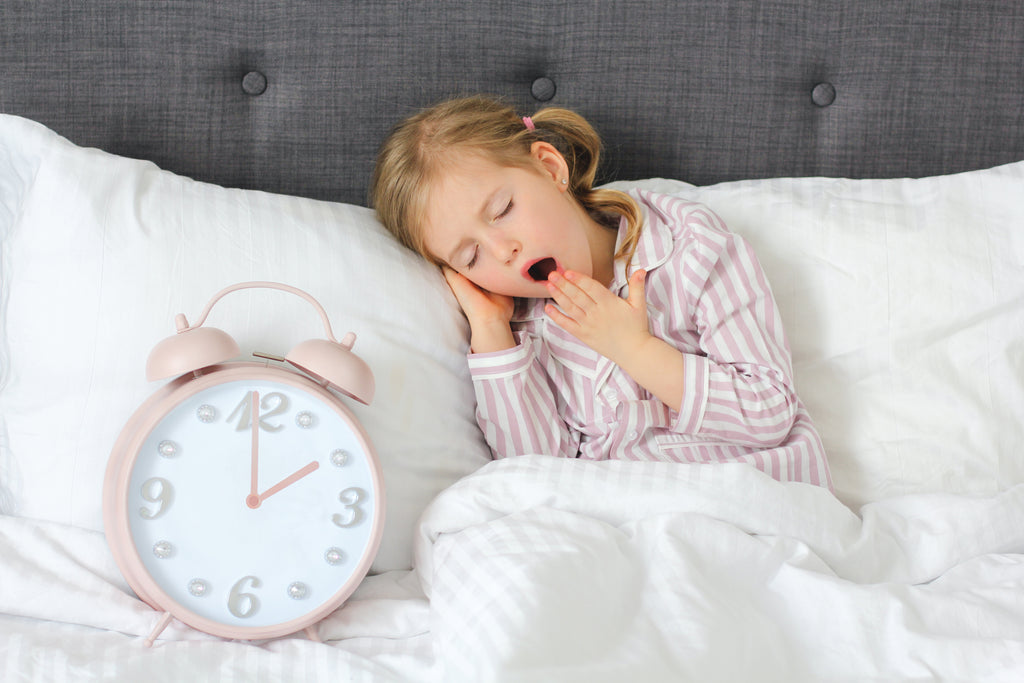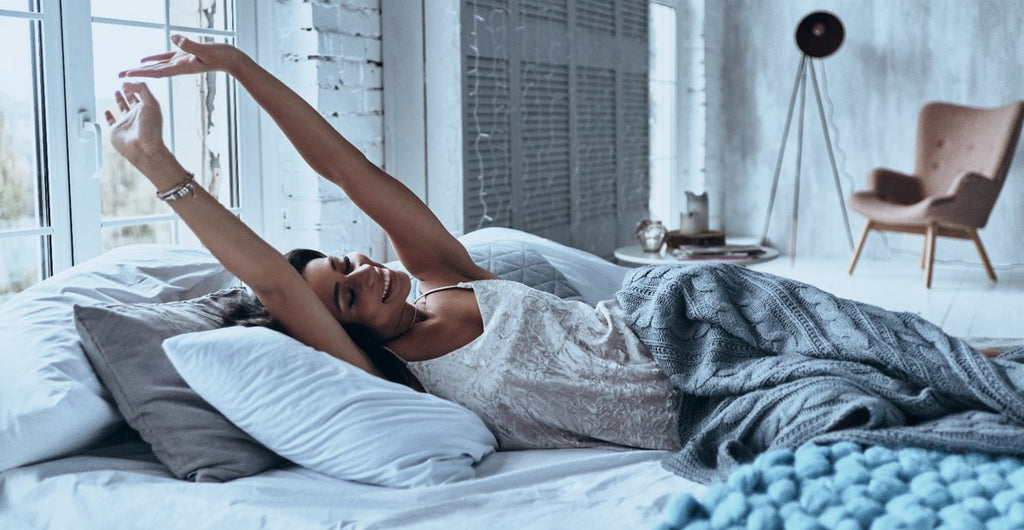
In order to protect our health, and the health of our families, friends, co-workers and neighbours the current coronavirus (COVID-19) outbreak is making many of us review our current hygiene and sleep habits.
The best way to keep your immune system strong is by living a healthy lifestyle. Having a diet high in fruits and vegetables, exercising regularly and getting adequate sleep, as all of these things contribute to keeping your immune system in check.
Some key things to help protect yourself from illness as suggested by healthcare experts include:
- Minimise contact with potential germs
- Exercise to reduce stress
- Get enough sleep
- Ensure a healthy sleep environment
Minimise direct contact with potentially germy surfaces. Follow the government’s advice on how to help protect your well-being and the well-being of others. Abide by social distancing recommendations and wash your hands regularly with soap and water for at least 20 seconds. More information can be found at healthdirect.gov.au
Exercise is a proven way of reducing stress, all it takes is as little as 5-10 minutes a day to reduce stress, boost mood, keep the body strong, improve alertness during the day and sleep quality.
Sleep is incredibly important for your immune system. Research shows that people who do not get enough sleep can have a suppressed immunity, meaning that there is a higher risk of them getting sick.
“Sleep is now well understood to benefit immunity,” says Dr Moira Junge, spokesperson for Australia’s leading sleep advocate Sleep Health Foundation. “An early night may be just what you need to boost your mood and immunity and help protect yourself from illness.” - Sleep Health Foundation, Australia -
When you sleep, your immune system releases a compound called cytokines. Cytokines are proteins produced by cells, some cytokines interact with cells of the immune system in order to regulate the body’s response to infection.
In times like these where there is concerning news and a lot of uncertainty it can be quite stressful for everyone. Stress can have a big impact on your sleep, it can make falling asleep a real struggle and once you finally get to sleep it can often be troubled with a lot of restlessness.
If you are having trouble sleeping , ensure you are getting some exercise during the day and try setting aside some time each night to write down or talk about what is concerning you and what you need to do the next day so you don’t lie awake “worrying”.
Importantly make sure, as an adult, you are getting the recommended 8 hours per night sleep. This is of high significance as it allows your body to rest and repair itself.
Ensure a healthy sleep environment
We spend approximately one third of our lives in bed and although we don’t like to think about it when we are sleeping we are sweating, losing skin flakes, drooling, and coughing. Things that in an unprotected bed can seep into our mattresses and pillows, providing food for dust mites and resulting in the growth of mould and bacteria.
Protect-A-Bed® Mattress, Pillow and Quilt Protectors, which can easily be removed for regular machine washing and drying, have a Miracle Layer™ that while breathable for a comfortable night's sleep also creates a barrier to stop our sweat, skin flakes and germs entering our pillows, mattresses and quilts.
Protect-A-Bed®’s Cumulus Mattress and Pillow Protectors are also treated with a naturally derived antimicrobial called Fresche®, that kills 99.99% of bacteria. Effective for up to 100 washes, it is environmentally friendly and contains no poisons or toxic chemicals.
All Protect-A-Bed® Mattress and Pillow Protectors are recognised by the National Asthma Council of Australia’s Sensitive Choice Program meaning that they provide protection against dust mites a common cause of trigger of asthma, eczema and allergies. As the new coronavirus (COVID-19) spreads, it’s important for people with asthma to maintain good asthma control and follow the advice from health authorities. For more information Sensitive Choice.
Moving forward in these times of uncertainty and a major health risk to us all it is important that you look after yourself. Minimise your contact with potential germs where possible, exercise daily and sleep well.











